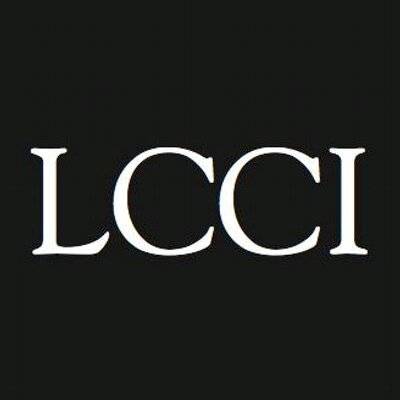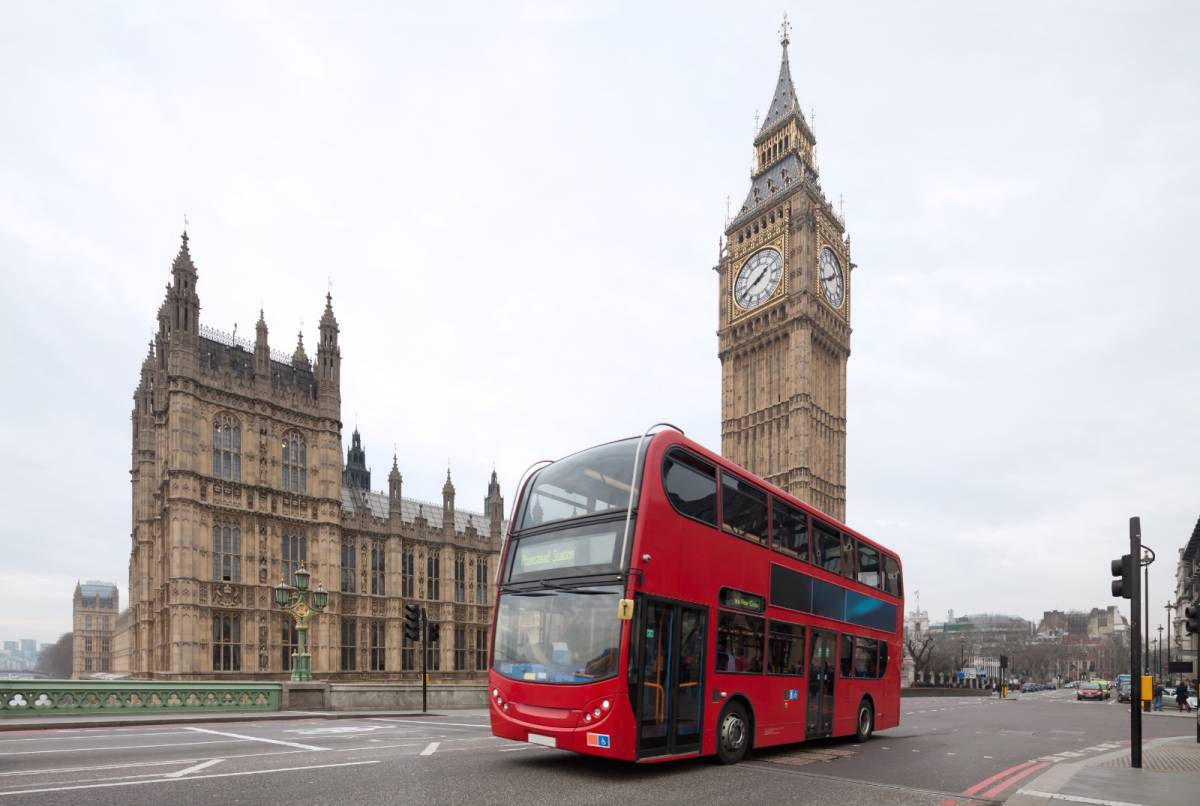London Chamber of Commerce and Industry’s Q1 survey show a substantial majority of London businesses are facing rising fuel and energy costs alongside record high concerns over rising inflation…reports Asian Lite News
London Chamber of Commerce and Industry has published the results of its latest quarterly economic survey, the Capital 500, which seeks to gauge business performance and confidence levels in businesses of various sizes across the capital.
The Q1 survey, which interviewed 502 business leaders between 1 February and 8 March 2022, shows London businesses’ encouraging but fragile recovery from the pandemic has been hit by rising costs and a record increase in concerns over inflation.
There has been little respite for London businesses in terms of their costs, the survey shows. 61% and 69% reported increases in their fuel and energy costs respectively, in the last quarter. These rising cost pressures and the wider implications of the Russian invasion of Ukraine may have hampered the recent rebound in confidence. The share of firms who said they expect an increase in profitability shrank from 46% in Q4 2021, to 42% in Q1 2022.
Meanwhile, a substantial majority (62%) of companies also said they were more concerned about inflation than they had been three months prior – a new Capital 500 record. It is also the fifth consecutive quarter in which the chief concern for London businesses is inflation.

Many companies (42%) are also still expecting prices of their goods and/or services to rise in the next three months, with costs seemingly hurting cashflow. London businesses are more likely to report worsening (27%) than increasing (22%) cashflow, with these figures worsening compared to Q4 2021.
Longer-term business confidence remains at similar levels, with 41% anticipating an increase in turnover – unchanged from Q4 2021. The employment situation also remains fairly positive, with the proportion of firms who said their employment numbers had decreased was 11%, down 3 points on the 14% recorded in Q4 2021.
Domestic demand was also up slightly on the previous survey, as the net balance for domestic sales (the percentage of firms noting an increase in sales minus the percentage noting a decrease) rebounded into positive territory, up 4 points to +3.
“Our latest Capital 500 survey shows that the encouraging but fragile recovery of London businesses from the pandemic is being jeopardised by soaring costs and record high concerns amongst business leaders over rising inflation,” said Richard Burge, Chief Executive of London Chamber of Commerce and Industry (LCCI). “This is playing out against a backdrop of two years of Covid debt, low earnings, low cashflow, and the drawn-out difficulties of Brexit.”
“London’s businesses are resilient and adaptable, but this cannot be taken for granted. The UK’s ability to get through these turbulent times, and the government’s ability to deliver on its stated levelling up ambitions, depend upon a thriving capital. It’s not too late for the government to revisit the policies outlined in the Spring Statement and amend them to better support London businesses and, by extension, the entire UK economy.”

Key findings from the Q1 2022 London Quarterly Economic Survey:
61% and 69% reported increases in their fuel and energy costs respectively.
62% of companies said they were more concerned about inflation than they had been three months prior.
42% of companies are also still expecting rises in prices of their goods and/or services in the next three months.
42% of firms said they expect an increase in profitability, down from 46% in Q4 2021.
The net balance for cashflow (the percentage of firms noting an increase in cashflow minus the percentage noting a decrease) declined 2 points to -5 in Q1 2022.
22% said cashflow had increased in the past three months, down on 25% in Q4 2021.
11% of firms said their employment numbers had decreased, 3 points down on the 14% recorded in Q4 2021.
41% businesses anticipate an increase in turnover, unchanged from Q4 2021, after increases on Q3 2021.
The net balance for domestic sales (the percentage of firms noting an increase in sales minus the percentage noting a decrease) rebounded into positive territory, up 4 percentage points to +3.














